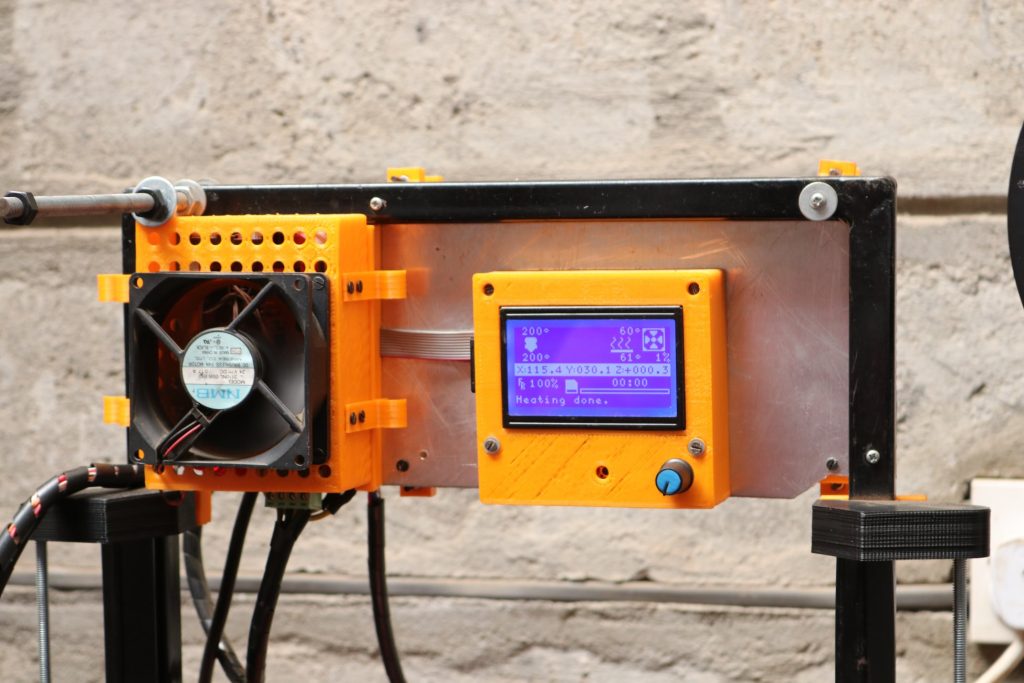COVID-19 Ecosystems and the Circular Economy
Accelerating the transition to the circular economy
COVID-19 ecosystems and the circular economy
The COVID-19 crisis is drawing attention to the Circular Economy – ecosystems in place now can mean good things for the Circular Economy in the future.
How can we learn from the current crisis to ensure resilience in the future?
The COVID crisis has affected millions of citizens globally, leading to countrywide lockdowns, restrictions and social distancing. This systematic change as Konietzko notes is an environmental shock – a relatively unprecedented global crisis (as previous crises have been economic). Future crises are likely to be that of climate shocks – this means that we can analyse responses to the COVID crisis due to the environmental effects. The COVID crisis is drawing attention to the Circular Economy through three concepts coming from an ecosystems ecology perspective – response diversity, adaptive capacity and decentralized circularity (Konietzko). The systematic responses in place now can be understood as potential future strategies which can be put in motion in the Circular Economy, in which resilience and stability are key due to distributed nodes of production and manufacturing; collaborative and accessible design and clear communication channels on a local to the global level. This would prevent exponential shortages in supply and demand in future crises, reducing the global reliance on linear supply chains and further, promote production, manufacturing, reuse and repair of products at a local scale.

Makers, Makerspaces and Fab Labs have been 3D printing protective equipment in distributed homes and labs worldwide.